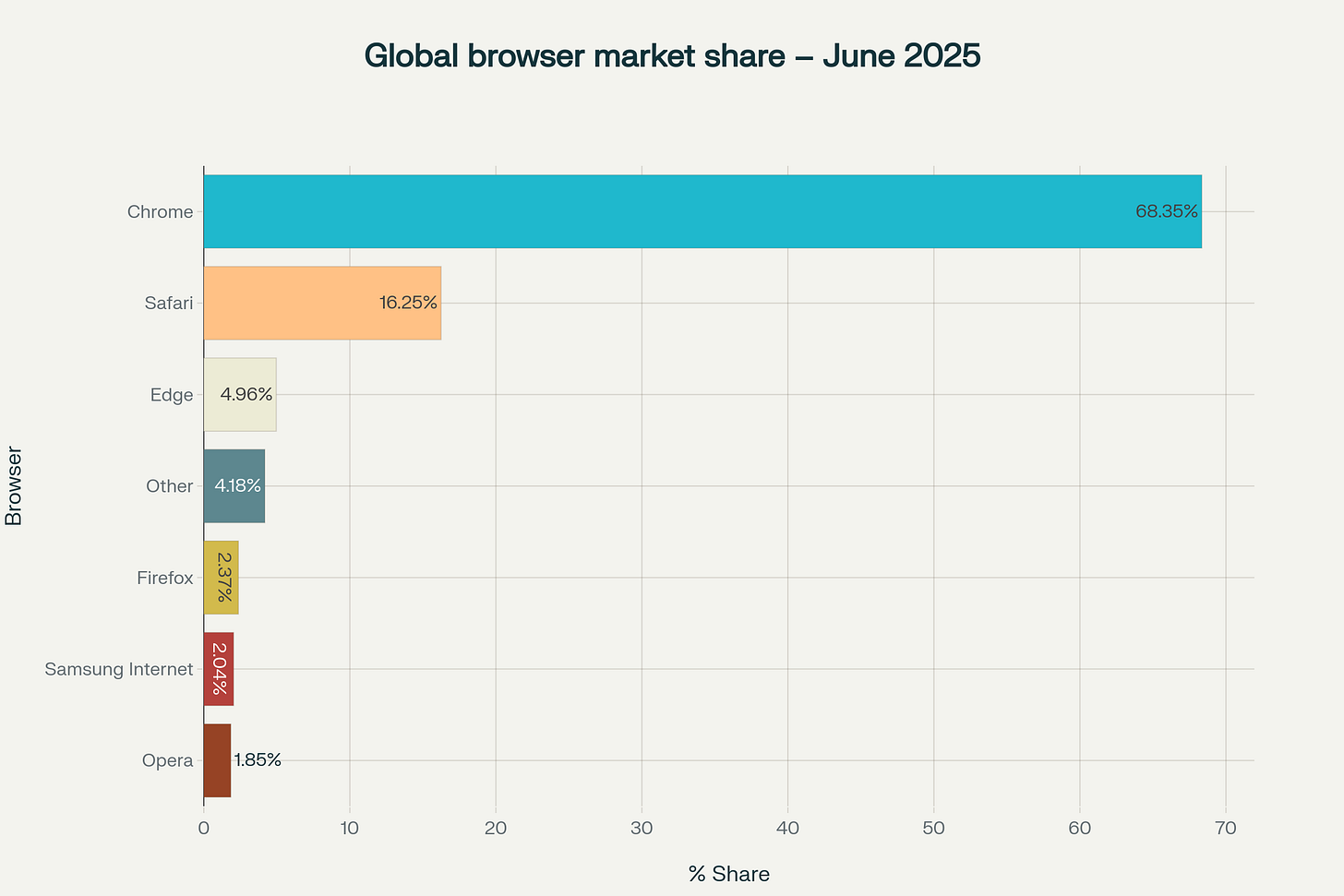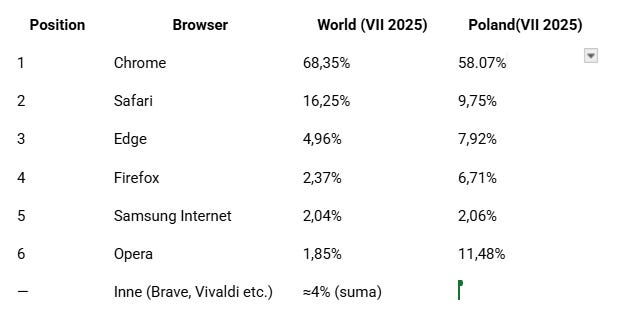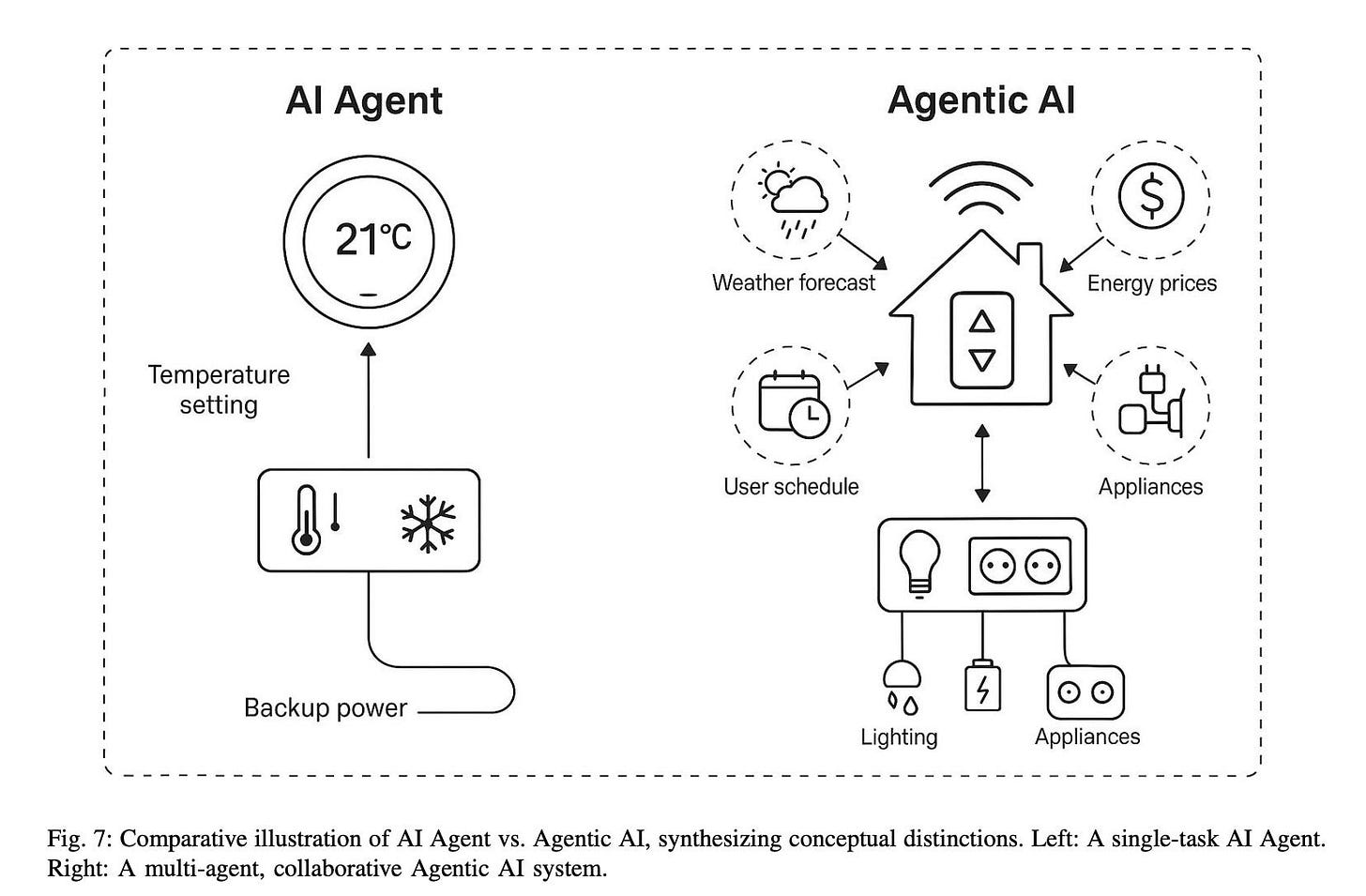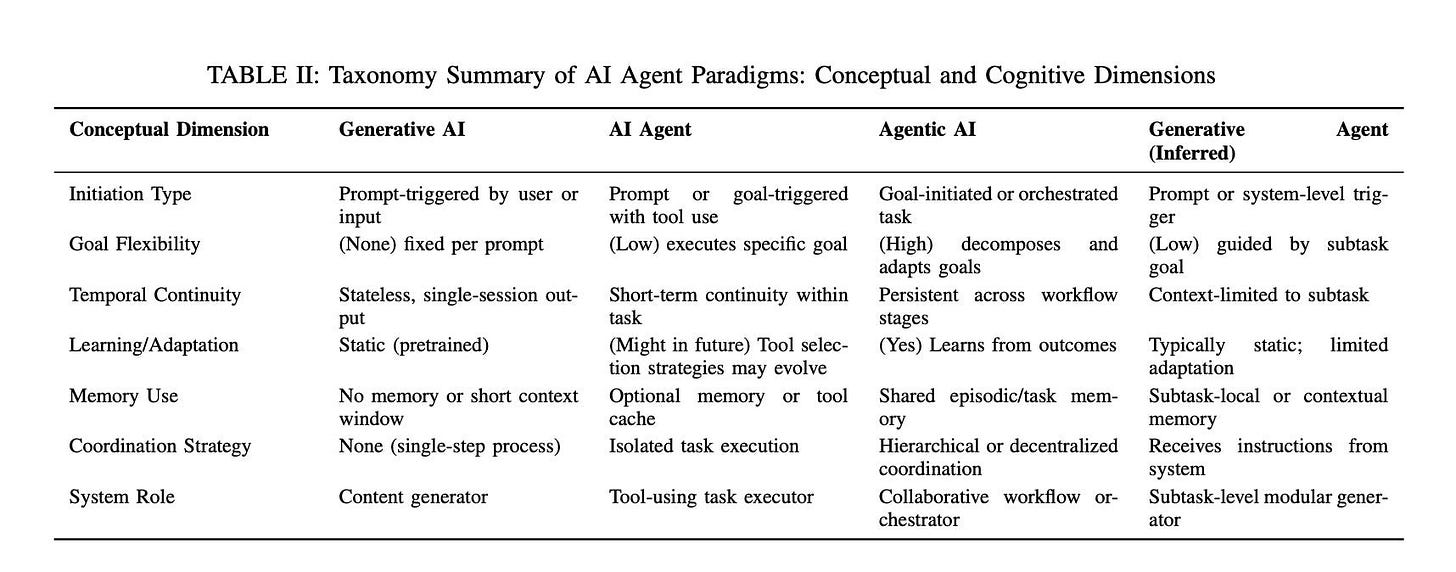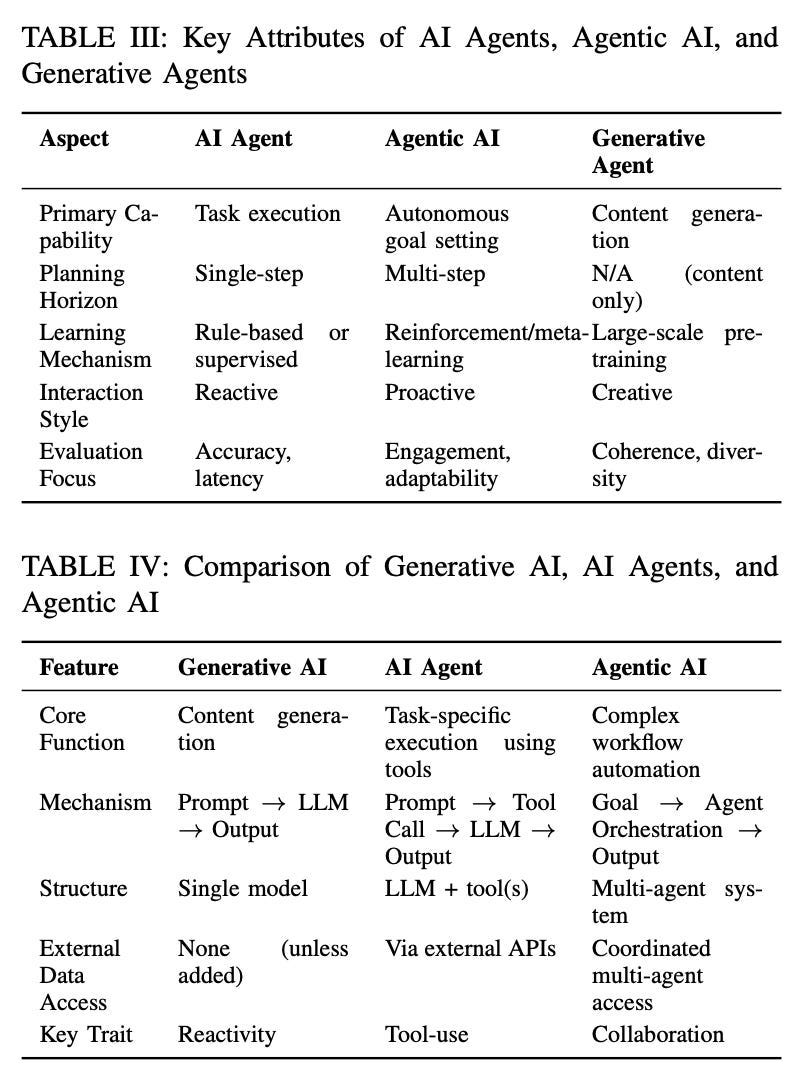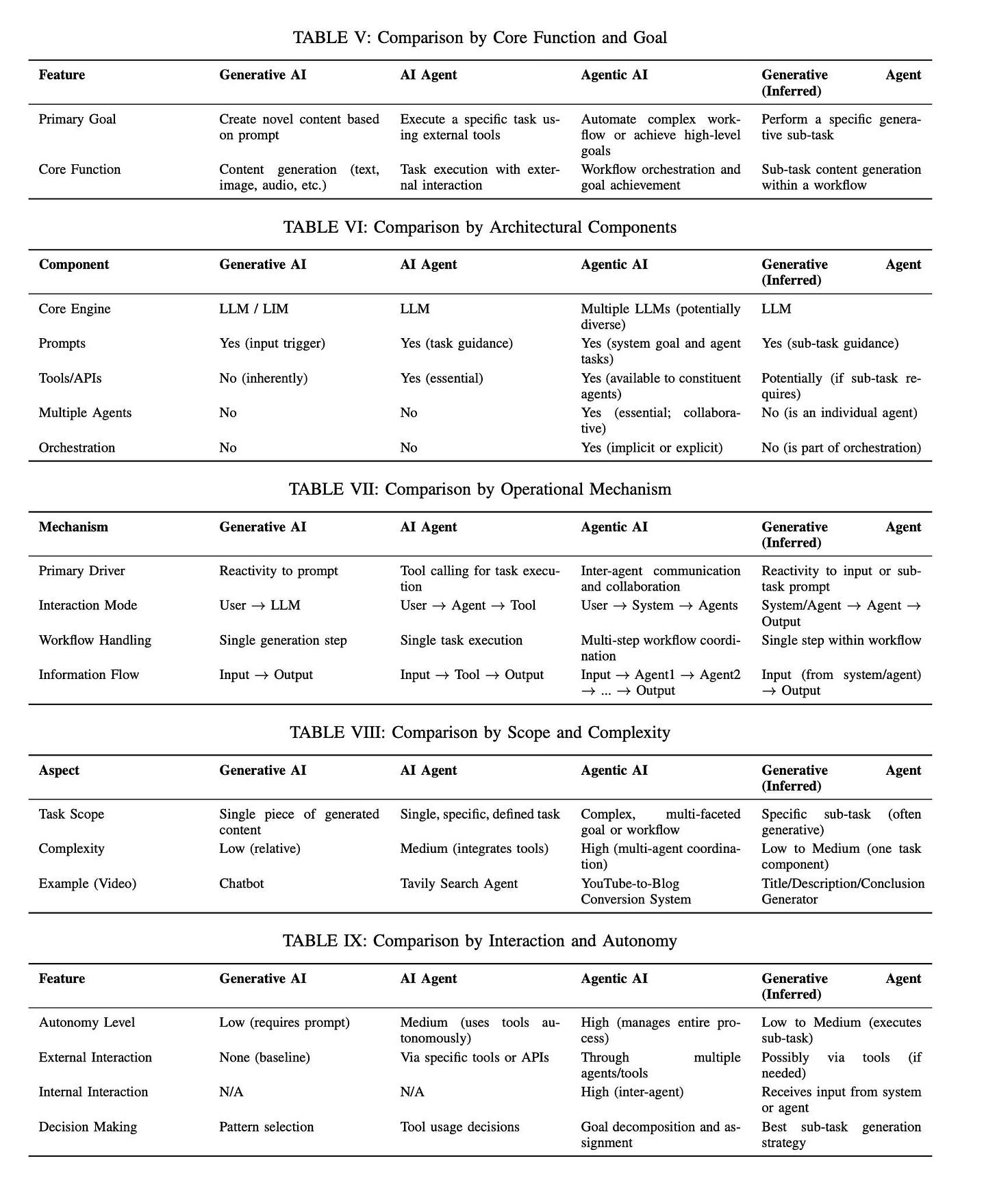Primer for AI browsers revolution
Today I'm diving into the world of internet browsers, where a lot has been happening lately. This is my attempt to gain a deeper understanding of the browser market and the impact of new AI solutions.
At the outset, I'd like to welcome new subscribers. And thank you all for your trust and for being here. I write for myself, BUT knowing how many people have been reading this is my greatest reward. Thank you for being here!
I write about topics that genuinely fascinate me. Here, you'll find thoughtful analyses at the intersection of business and technology. I uncover underlying mechanisms and describe what truly drives our modern world, looking beyond surface-level trends. If you seek intellectual stimulation, broader context, and engaging content, you've come to the right place.
"He who controls the spice controls the universe." - Dune.
What's at stake?
The browser is the most fundamental tool for accessing the internet, the gate, and literally the window through which we look at the digital world. Whoever controls this window controls/decides what and how we see. It's like owning the bridge leading to a city, everyone must pass through it.
Internet Browser Market is a thriving business poised to continue growing, presenting potential growth opportunities for companies across the industry value chain. It is expected to register a growth rate of 18.3% during the forecast period from $214.77 billion in 2025 to $696.4 billion in 2032.
The AI browser market is experiencing a growth rate of 32.8%.
76.8% of revenue comes from the Enterprise segment.
Google Chrome remains the absolute leader on almost all platforms, and the balance of power has changed only cosmetically in the last 12 months. Below is a summary of the current Global & Poland browser market share.
We've had over a decade of "calm" here bordering on total domination. Now, AI is changing the game here, and fundamentally changing the way we use the internet.
Key facts
Chrome maintains a ~52 pp lead over the next player and has increased its share by less than 2 pp over the year.
Safari is slightly declining from its 2023 peak, but still benefits from being the "default" browser in the Apple ecosystem.
Edge is growing very slowly; the transition to Chromium and its default status in Windows 11 provides a moderate but steady influx of users.
Firefox continues its multi-year decline and is approaching the 2% threshold globally.
On mobile devices, Chrome's dominance is even stronger (69.9%), with Safari (20.8%) and Samsung Internet (3.2%) rounding out the podium.
Opera is in 6th position globally. Second in Poland.
After 15 years of being the undisputed number one, Google's domination and essentially unlimited control over the browser market, the emergence of AI-powered browsers marks a turning point in internet history. I recall the moment a friend first introduced me to Google Search and what I felt. I felt something similar, 15 years later, when another colleague introduced me to Perplexity. That feeling that you're dealing with something extraordinary. Today, Google is the best business model in the world. The browser is a window to the world, and we find ourselves at a moment when traditional search and clicking through dozens of blue links are losing ground to working with chat/Perplexity queries. This change carries huge implications for the browser market, and every major player will want to have control over this channel.
New entities like Perplexity (valued at $18 billion), The Browser Company behind Arc ($550 million), and the upcoming OpenAI browser are not just introducing innovative features, but redesigning the fundamental concept of what a browser is. We're going back to first principles. Instead of a passive tool for browsing pages, they're becoming intelligent assistants capable of autonomously performing complex tasks on the web.
Big boys are loosing the edge
Although Chrome still controls 68.35% of the global browser market in 2025, for the first time in years, its position seems vulnerable to attacks. While traditional alternatives like Firefox (2.37%) and Opera (1.85%) have failed to threaten Google's hegemony, new AI browsers are attacking different fundamentals: the way users interact with the internet.
Market data shows clear signs of change. Safari, which maintains a stable share of about 16.25% globally, recorded a decline in searches for the first time in history in April 2025. This unprecedented trend was attributed by Eddy Cue, Apple's Vice President, to users' growing use of AI-based alternatives. In the desktop market, Chrome controls 68.35%, but new players, such as Arc (despite not even reaching 1% market share), are attracting the attention of the most active technology users.
Geographic differences reveal Chrome's weaknesses. In North America, Chrome's share is only 51.93%: the lowest in the world, while Safari achieves 31.79% there. Europe remains the most competitive market, where Firefox still maintains a 4.97% share, and Opera maintains a 7.98% share in Africa. These regional variations suggest that Chrome's dominance is not unassailable. In Poland, interestingly, Opera maintains second position after Chrome (58.07%) with a solid 11.48%. Furthermore, Safari (9.75%), Edge (7.92%), and Firefox (6.71%).
A key indicator of change is the fact that 83% of browser traffic is based on the Chromium engine, which means that technical barriers to entry for new players are lower than ever. New AI browsers can leverage Chromium's infrastructure, focusing on differentiation through AI and user interface enhancements.
In April 2025, for the first time in history, Safari experienced a decline in searches, signaling a significant shift in user preference toward AI-based alternatives. This trend is driving a market worth $4.5 billion, which is expected to reach $76.8 billion by 2034, growing at a compound annual growth rate (CAGR) of 32.8%.
Opera remains popular on Polish PCs, although the trend is downward; Safari has overtaken it overall, thanks to the growing sales of Apple devices.
On smartphones, Safari (iPhone) has a market share of almost 20% and is Chrome's main competitor, but Samsung Internet is gaining traction thanks to Galaxy sales.
Firefox in Poland performs better than globally (≈approximately 7% overall, 11% on desktop), but is still experiencing a slow decline.
New players
Perplexity Comet, launched July 9, 2025, represents the first wave of fully commercial AI browsers. Available to Perplexity Max subscribers ($200/mo), Comet natively integrates an AI search engine with an assistant capable of automating tasks, from reservations (accommodation, restaurants) to managing emails and calendars. The technology allows you to highlight any text and receive instant AI explanations, eliminating the need to switch between tabs or applications. I haven't tested it yet, only watched the demo.
OpenAI's upcoming browser, expected to launch "in the coming weeks", introduces a revolutionary AI agent capable of autonomously filling out forms, making online purchases, and making reservations. I admit, I'm particularly curious about changes in purchasing processes. Already, many of my searches start with a chat conversation to analyze options. The browser is to be based on Chromium. In this case, we eliminate the need to visit the ChatGPT page. All interactions will remain within the browser. Companies like DoorDash, Instacart, and OpenTable are already preparing integrations.
Arc Dia, beta launched June 11, 2025, represents a slightly different approach. The URL address bar serves as both a search field and an AI Chatbot interface, automatically switching between search mode and chat conversation. AI can analyze the content of all open tabs and answer questions about the user's entire browser workflow. The "Skills" system allows you to create personal automation shortcuts, similar to Siri shortcuts.
Opera Neon, announced May 28, 2025, introduces a three-layer AI architecture: chat, do, make. With local processing in private mode and cloud processing for complex, more demanding tasks. Neon utilizes page layer accessibility instead of screenshots, which is 10 times faster.
New players, new approach. Paradigm shift from passive web browsing to active collaboration with AI (agent). Thanks to understanding context, automating actions, the browser and agents act as intermediaries between the user and the internet.
Trends and perspectives
Default ecosystems determine market share: Chrome (Android/Windows), Safari (iOS/macOS), Edge (Windows 11), and Samsung Internet (Galaxy) grow thanks to pre-installation and account synchronization. This is particularly important in the context of resolving the Apple <> Google agreement discussed below. And in the context of Perplexity/Comet AI talks with phone manufacturers.
Currently, we've mainly dealt with two differentiators: privacy versus convenience. These include niche, "privacy-first" browsers (Brave, DuckDuckGo, Vivaldi), which do not pose a threat to giants, constituting fractions of a percent of the market share.
AI and search integration (Edge Copilot, Chrome AI features) are becoming the primary field of competition, potentially encouraging changes to default settings.
Regulations (DMA in EU) require easier switching of default browsers in Android/iOS – the market effect will be measurable only after 2025.
On desktop, the share of Chromium-based browsers has already exceeded 80%, which reduces the diversity of rendering engines and raises concerns about technological monopoly.
Tech giants responce
Google accelerated AI integration in response to the growing threat. In May 2025 at the I/O conference (which I wrote about in the context of smart glasses), they announced direct integration of Gemini with Chrome. This was the boldest browser update in years. Gemini, available through an icon in the toolbar, can explain complex information, summarize content, and answer questions about the current page.
CEO Sundar Pichai admitted that Google is "shipping faster than ever" and identified Gemini as "our biggest priority for next year." Google has a significant advantage here: its position, market, user base, and powerful distribution.
Project Mariner, an experimental Chrome add-on presented in December 2024, achieved 83.5% effectiveness in the WebVoyager benchmark for real-world web tasks. The agent can understand and analyze browser screen elements, performing tasks autonomously. This is a response and direct competition to OpenAI's Operator.
Apple (for the first time in the company's history) is considering diversification from Google Search. According to official statements from Apple representatives, including Vice President Eddy Cue, a decline in the number of queries directed to Google from Apple devices is being observed, which indicates the growing popularity of modern AI tools. He added that Apple is "actively analyzing" the integrations of alternative AI-based search engines in Safari, including OpenAI's ChatGPT (already integrated with Siri), Google's Gemini (expected to be integrated in late 2025), and evaluations of Anthropic and Perplexity. A strong favorite here is Perplexity, about which Reuters recently wrote: Perplexity in talks with phone makers to pre-install Comet AI mobile browser on devices.
This is a historic change for a company that has relied on Google Search for decades. In the long term, this means preparations for the possibility of completely replacing traditional search engines with modern, generative AI solutions.
Considering the financial implications: Apple's $20 billion annual deal with Google gives a risk of losing $200 million annually for every 1% share in the Safari market.
In December 2024, Tim Cook defended Apple's AI timeline, emphasizing the "classic Apple approach" of prioritizing user benefit over speed to market. Will this be enough when the pace of change and innovation has significantly accelerated?
Microsoft aggressively positions Edge through Copilot Vision, which enables Copilot to "see" and analyze page content in real-time. Released in December 2024 for Copilot Pro subscribers, it offers natural conversations about page content and contextual support. Integration with Microsoft 365 allows direct access to Copilot from the Edge address bar, eliminating the need to switch between applications.
This elimination of "friction" and the need to switch is present in almost every new product/browser.
Business model
Perplexity, valued at $18 billion following the July 2025 round, generates nearly $100 million in annual revenue from subscription models (PRO: $20/month, MAX: $200/month).
The Browser Company, behind Arc, raised $50 million in Series B funding in March 2024, achieving a $550 million valuation despite not presenting a monetization model. Investors included the LinkedIn CEO, Figma co-founder, Notion co-founder, and GitHub CTO.
A product without a monetization model at such a valuation is a signal of trust and faith in the future of AI-based browsers.
As with tools and Chatbots: the subscription model is key.
Perplexity 20%/mo
Opera Neon: $14.99/mo
Brave/Leo Premium: $14.99/mo
Anthropic Claude: $20/mo
This contrasts with the traditional model, where Google pays Apple over $20 billion annually for default search in Safari. It's worth adding that the agreement is under antitrust regulatory scrutiny. Antitrust proceedings against Google may force Alphabet (the parent company) to sell Chrome. 30% of search queries flow through Chrome, and $10+ billion in search advertising revenue is threatened by AI, which delivers direct answers without clicks on advertising links.
I'm betting pistachios against cashews that new business models will emerge here - agents who will handle complex workflows, available in a subscription model. And free versions based on a quasi-advertising model (data for training models, advertising data, product suggestions, etc.) The temptation, as with streaming portals, is too great.
Cut the middle men
Currently, AI companies are at the mercy of Google (Chrome), Apple (Safari), or Microsoft (Edge). These companies can change extension rules, limit functionalities, charge commissions, promote their own AI solutions/ products, or even ban your product.
It's like running a grocery store, where the owner can raise the rent, change opening hours, or terminate the lease. Your browser is your own "building", where you have control over how users experience your product.
Agentic AI
Agentic AI redefines the entire concept of the internet. It represents a fundamental shift that will create an entirely new way of interacting with the digital world. Having your own browser will be like having a golden card, allowing you to control the flow while minimizing the risk that someone will someday limit the visibility, functionality, or accessibility of your product.
It's worth remembering the adoption barriers: hallucinations, privacy risks, greater CPU/memory requirements. Nevertheless, the change is already happening. Safari's search decline for the first time in history, and the accelerated AI integration by all major players, only confirms this.
Summary
For OpenAI, Perplexity, and other AI companies, having their own browser isn't a "nice to have" - it's a matter of survival and dominance in the future. It's the difference between being an app that people visit and being an omnipresent intelligence that helps in every interaction with the internet.
Control the browser = control how people use the internet = control the future of the digital world.
The AI revolution in internet browsers is not just a technological evolution - it's a redesign of the fundamental relationship between users and the internet. After decades of dominance of one approach to browsing, for the first time since the creation of graphical browsers, we are dealing with a real paradigm shift.
New players like Perplexity, OpenAI, and The Browser Company are not just competing for market share; they are creating a new market where intelligent agents act on behalf of users, eliminating friction between intention and behavior, automating and optimizing steps from intention to execution.
For the technology industry, this means the end of an era in which the browser was a simple tool for accessing content. In the new era, the browser will become an interface for interaction with a machine capable not only of finding information, but of acting.
Google, Apple, and Microsoft have been forced to fundamentally reassess their strategies, while startups with billion-dollar valuations prove that the future of the internet will look radically different.
That's all that I've for you today. Thank you for taking the time to read this newsletter.
If you enjoyed this text and found value in it, please subscribe to my newsletter. It means a lot to me.
Valuable content deserves to be shared – post the link on LinkedIn, share it on Slack. Tell your friends. This word-of-mouth marketing is the most effective way to reach new readers. I'm just getting started, but I guarantee you'll receive this quality in every future edition.


